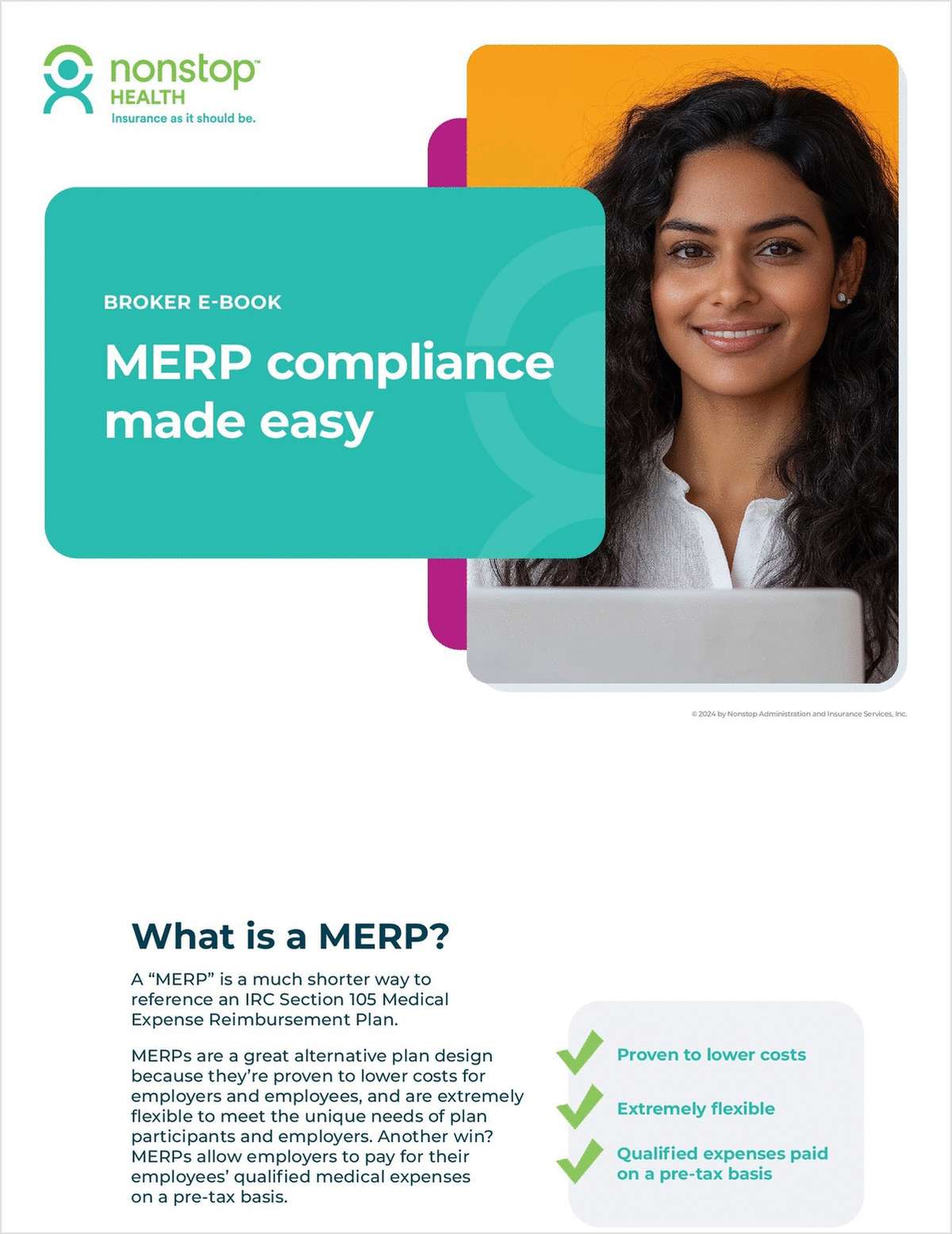With flu season in full swing, Health Net, Inc. is working to increase awareness of not only standard flu-fighting basics such as habitual hand washing, but also of the strong connection between stress levels and susceptibility to respiratory infections, including flu.
“When we talk about seasonal flu, the focus most often is on vaccinations and good hygiene—both of which are important—but there’s a tendency to overlook the strong connection between mental health and physical health,” explains Jonathan Scheff, chief medical officer, Health Net, Inc. “Several studies have presented powerful evidence supporting the mind-body connection and that connection certainly applies to the impact of stress on our immune system.”
The American Psychological Association assessed some 300 studies and concluded long-term stress significantly suppresses the immune system. Other findings included:
- The longer the stress, the more negative change in the immune system.
- The most chronic stressors—stress that seems beyond a person’s control—resulted in the most global suppression of immunity, with nearly all measures of immune system function dropping measurably.
- Immune system functioning that is compromised by high levels of stress lowers the body’s ability to fend off flus and colds; and, once a person actually catches a cold or flu, stress also can worsen the symptoms.
Stress-management tips
“Just as we take precautions to avoid contracting flu viruses, we also should take precautions to keep our stress levels in check,” Scheff says. The APA offers the following tips:
- Identify your sources of stress. The first step in managing stress is identifying what events or situations trigger stressful feelings. Make a list of situations that can be emotionally challenging for you, and learn to recognize them when they occur. Ultimately, the goal is to eliminate or reduce those situations that trigger a stress reaction.
- Learn your stress signals. Stress manifests itself in different ways. For some, stress impacts their ability to concentrate, while others feel angry or experience headaches and muscle tension. By being aware of your personal stress signals, you will be in a better position to combat stress.
- Find healthy ways to manage stress. While activities such as smoking, drinking alcohol or overeating may temporarily relieve stress, these are unhealthy behaviors that can have dire consequences. Instead, consider healthy, stress-reducing activities such as meditation, exercising or simply spending time with loved ones.
- Take care of yourself. Eat a balanced diet, get enough sleep, drink plenty of water, and engage in regular physical activity. It’s also important to take vacations and otherwise make time for yourself, even if that only equates to engaging in simple activities such as reading a book or listening to music.
Complete your profile to continue reading and get FREE access to BenefitsPRO, part of your ALM digital membership.
Your access to unlimited BenefitsPRO content isn’t changing.
Once you are an ALM digital member, you’ll receive:
- Breaking benefits news and analysis, on-site and via our newsletters and custom alerts
- Educational webcasts, white papers, and ebooks from industry thought leaders
- Critical converage of the property casualty insurance and financial advisory markets on our other ALM sites, PropertyCasualty360 and ThinkAdvisor
Already have an account? Sign In Now
© 2024 ALM Global, LLC, All Rights Reserved. Request academic re-use from www.copyright.com. All other uses, submit a request to [email protected]. For more information visit Asset & Logo Licensing.








